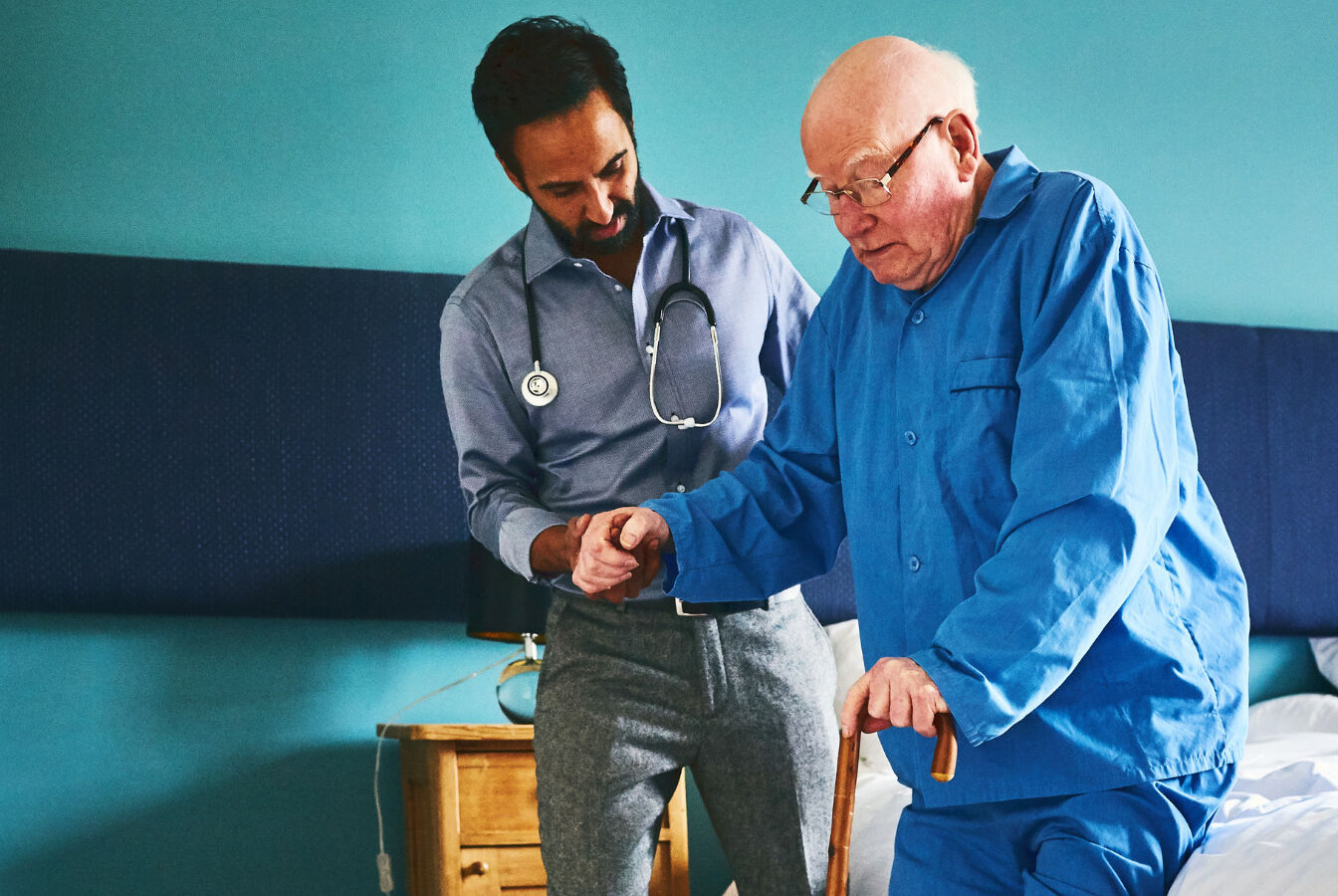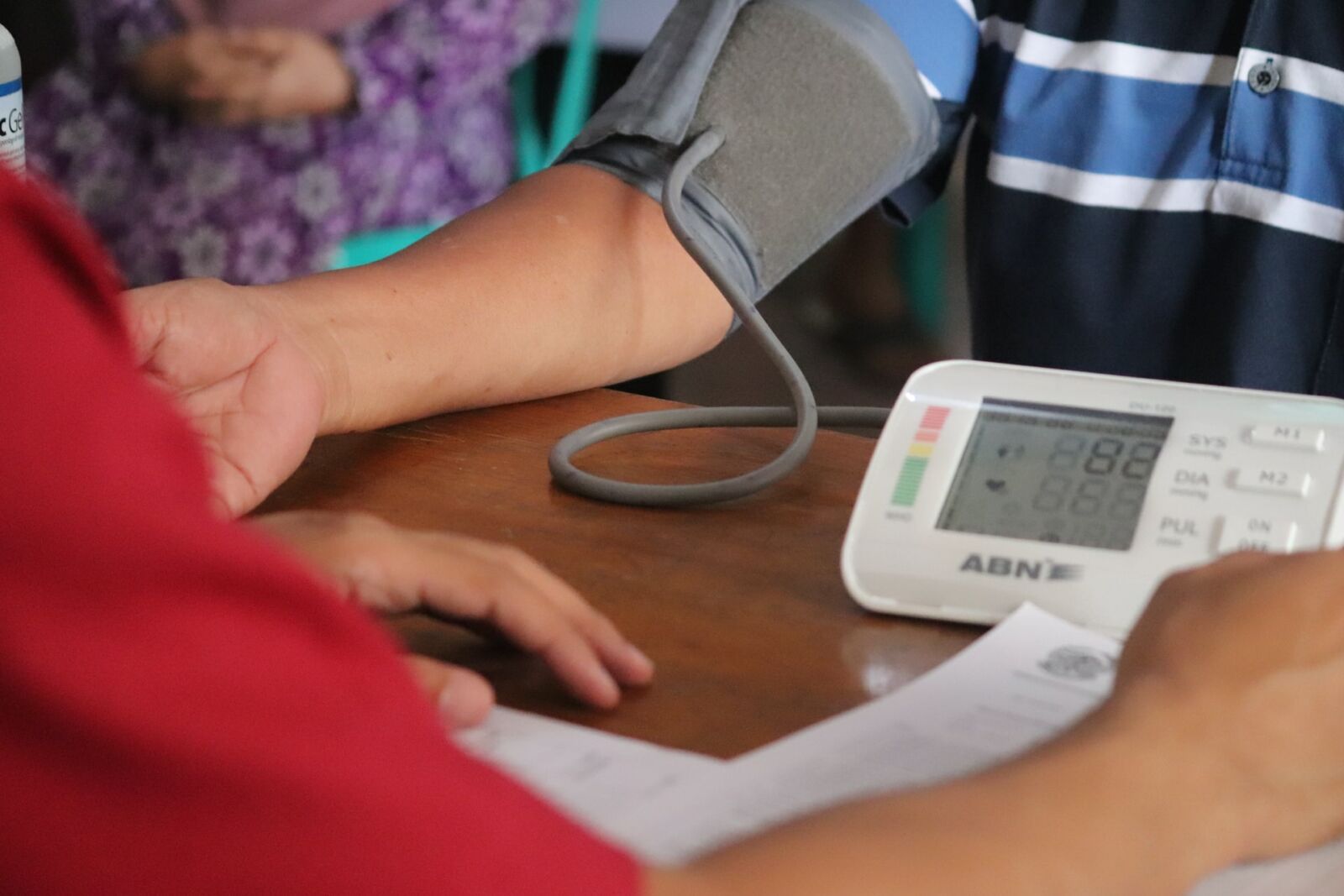Science pills
Aging-related diseases
The study compares a sample group of elderly people living independently in their homes and a group of elderly people residing in nursing homes, quantifying some multidimensional variables in relation to the stress exerted by ageism
A study published in American Journal of Cardiology showed that in elderly people with atrial fibrillation, therapy with the new oral anticoagulant drugs has superior efficacy compared with standard warfarin-based anticoagulant therapy
349 patients over the age of 60 who were hospitalized for acute heart failure were included in this multicenter study.
The increase in COVID-19 patients has led to a dramatic decrease in the admissions of patients suffering from other diseases to the Emergency Department. A retrospective study analyzed this phenomenon
This multilevel cross-sectional study, conducted in Chile, was aimed to estimate the associations between nursing staff and work-environment quality with respect to 30-day inpatient mortality, 30-day readmission, length of stay, patient experience, and quality of care.
This is the first research carried out on pre-registration nursing students’ perceptions of the practice of Intentional Rounding (IR) and its perceived benefits for nurses and patients. The results showed that nursing students recognized the benefits for both nurses and patients.
Type 2 diabetes is associated with a risk of dementia: prevention is essential for cognitive health.
This cohort study identified hippuric acid as the only metabolite whose levels distinguish healthy people from frail ones.
This review of the scientific literature examines the pathophysiological aspects of hypertension in relation to cognitive decline, possible biomarkers that allow rapid diagnosis, and possible avenues for optimal clinical management.
Researchers from the epidemiology departments of Harvard University (Boston, U.S.) and the Erasmus University Rotterdam University (Netherlands) recently developed two algorithms in order to predict aging-related diseases (including dementia) by means of biological age.
 In un flash
In un flash Does working less hours, at equal pay, influence health outcomes?
In OECD countries (Organizatio…
Are there any contraindications for physical activity?
One of the pillars of lifestyl…













